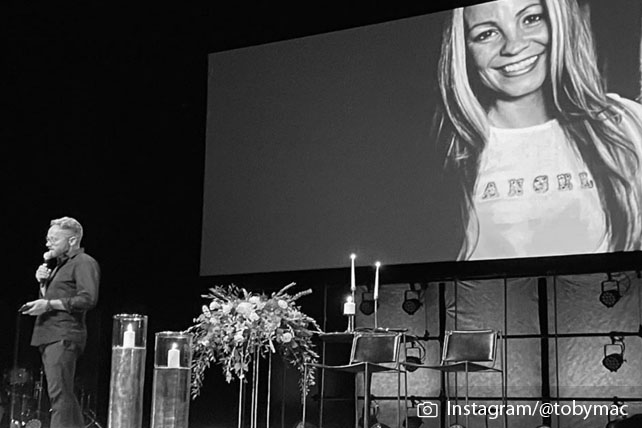Amid continued violence in the Philippines, international church groups and human rights organizations are demanding an independent, impartial investigation into atrocities that have characterized President Rodrigo Duterte’s administration. Extrajudicial killings—those committed by government officials or vigilantes without court sanction—have reportedly increased by 50 percent during pandemic-related shutdowns.
In a document titled “Unity Statement for the Protection and Promotion of Human Rights in the Philippines,” the groups affirm support for Filipinos who are enduring a “deteriorating situation of civil liberties and human rights.”
Statement signers include the Christian Conference of Asia, the General Board of Global Ministries – The United Methodist Church, Global Ministries of the Christian Church (Disciples of Christ) and United Church of Christ, the National Council of the Churches of Christ in the USA, Presbyterian Church USA, World Communion of Reformed Churches, and World Student Christian Federation.
Groups ‘Raise the Alarm’ over Extrajudicial Killings
In the statement, church groups emphasize concern “that a general climate of impunity has been synergized with the Philippine President’s unabashed incitement to violence and regular calls for state forces to punish legitimate dissent by the citizenry.”
The proclamation is part of an ongoing effort “to raise the alarm on the disturbing proliferation of killings, human rights violations, and attacks on civil liberties in the Philippines.” The groups pledge “solidarity with the Filipino people,” committing “to keep watch and bear witness to [their] hopes and struggles.”
Released on Thursday, the statement comes as the United Nations Human Rights Council begins its 45th session. During three weeks of meetings, council members will address human rights violations across the globe, including the mistreatment of Rohingya Muslims in Myanmar and unrest in Belarus.
In the previous Human Rights Council session, Michelle Bachelet, the UN High Commissioner for Human Rights, spoke out against “widespread and systematic” extrajudicial killings in the Philippines. Her office released a report stating that Duterte’s violent rhetoric during his so-called war on drugs has encouraged human rights violations “with impunity.” But so far, the international community has not acted on the report.
Laila Matar, deputy director of Human Rights Watch, says, “Without follow-up, the report—containing horrific widespread and systematic violations that have been encouraged from the very highest levels of government—risks gathering dust and failing to lead to accountability for perpetrators and justice for victims.”
Duterte’s administration, Matar says, is trying to cause confusion about death statistics and is pretending to provide accountability for itself. An independent investigation, she adds, “would send a strong message” to the nationalist president as well as to “the thousands of victims of the drug war in the country.”
Extrajudicial Killings: Thousands of Filipinos Have Died
Since Duterte took office in mid-2016, thousands of Filipinos have been killed by police and other vigilantes. Government data puts the death toll between 6,000 and 8,000, while human rights groups estimate the number could be as high as 27,000. At least 300 political leaders, 134 human rights defenders, and 50 lawyers, judges, and prosecutors have been murdered.
Journalists and critics of Duterte endure harassment and threats, and anyone deemed “subversive” faces red-tagging, an intimidation tactic that’s also directed at churches. “Under the pretext of ending the armed Communist rebellion, the Duterte administration cast its net wide and is attacking every group that is critical of its anti-people economic policies and authoritarianism,” says the Ibon Foundation, a policy research group. “The government is red-baiting critical voices to silence opposition and to hide the real situation of the country.”











